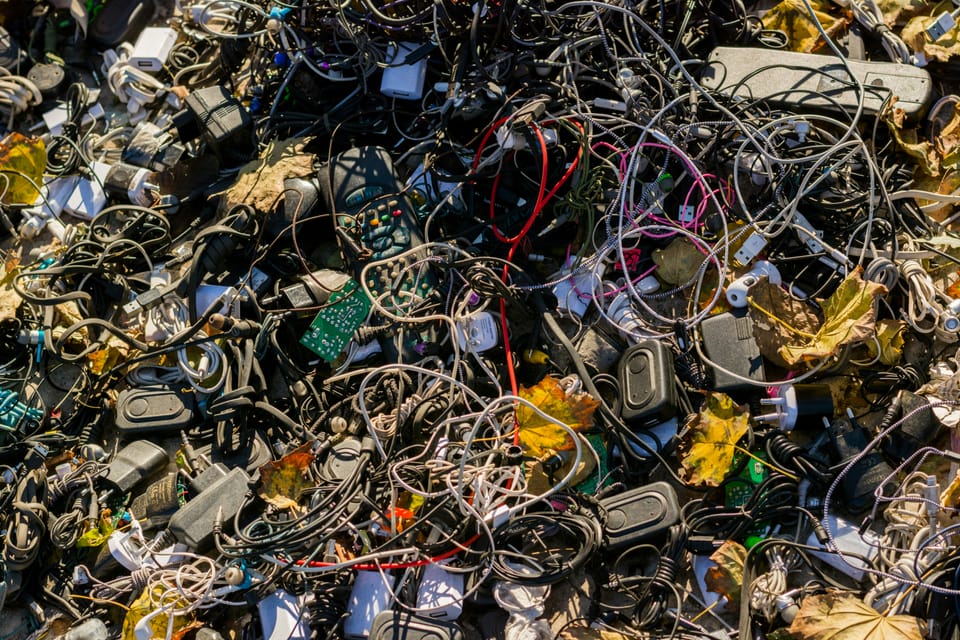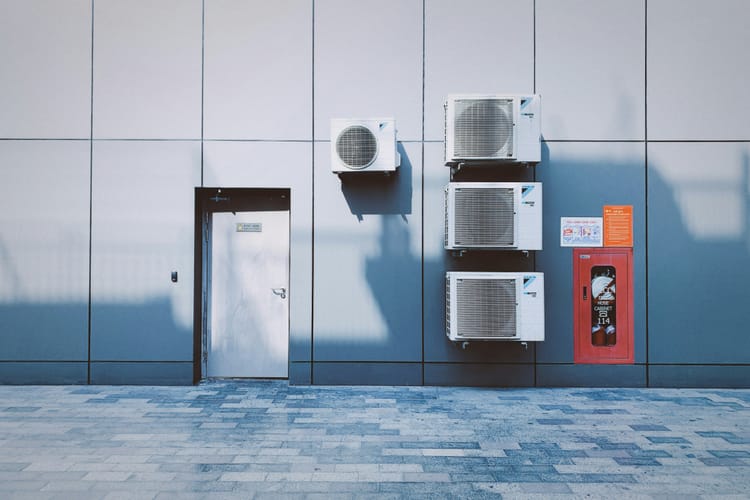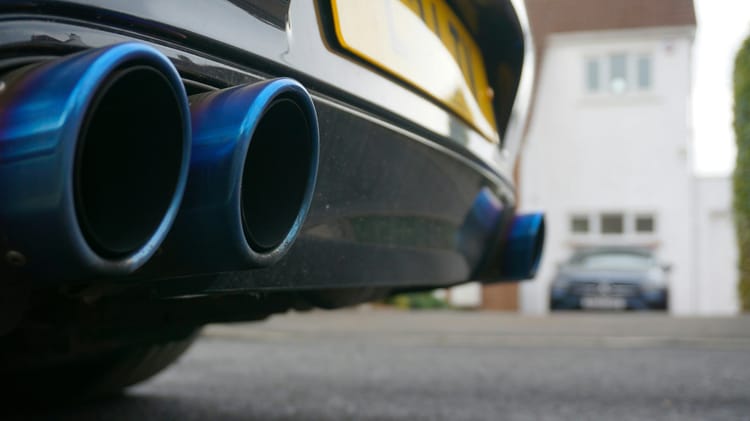UK extends electronic waste fee to online marketplaces
An estimated 100,000 tonnes of electricals are thrown out across the UK every year.

The extended producer responsibility fee applied to UK-based retailers on electrical and electronic products will be extended to online marketplaces, even if their sellers are based abroad.
The initiative, announced today by the UK’s Department for Environmental, Food and Rural Affairs (Defra), aims to level the playing field between UK retailers and their foreign competitors, and to reduce the environmental impact of electrical waste – the fastest-growing waste stream in the world.







